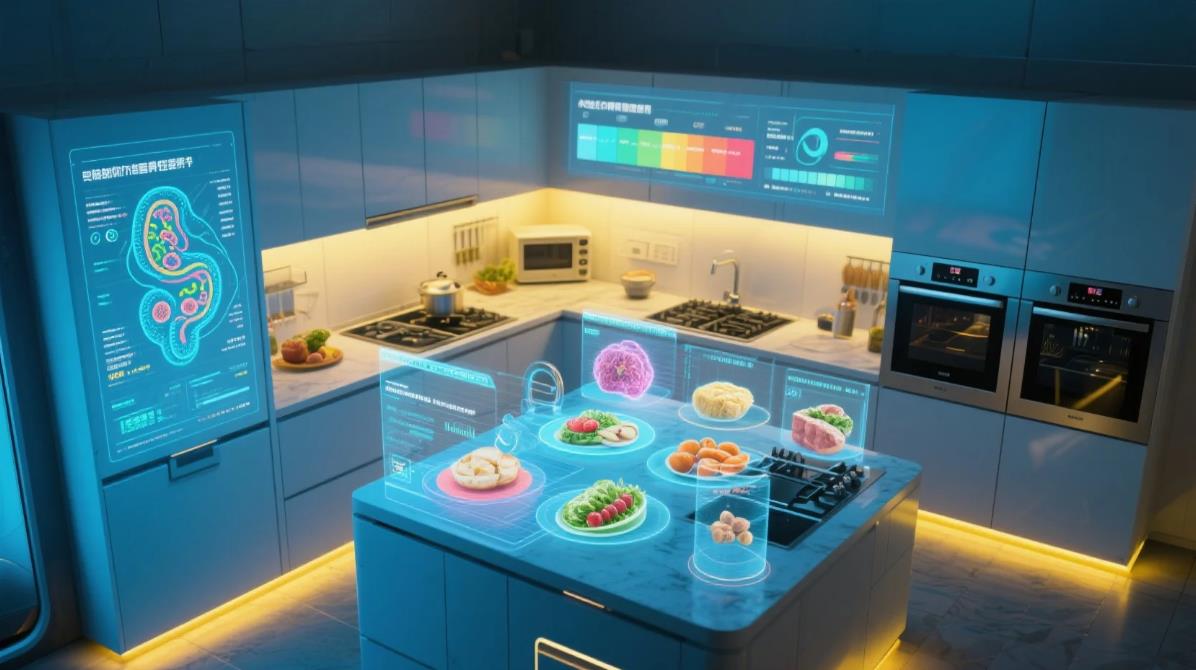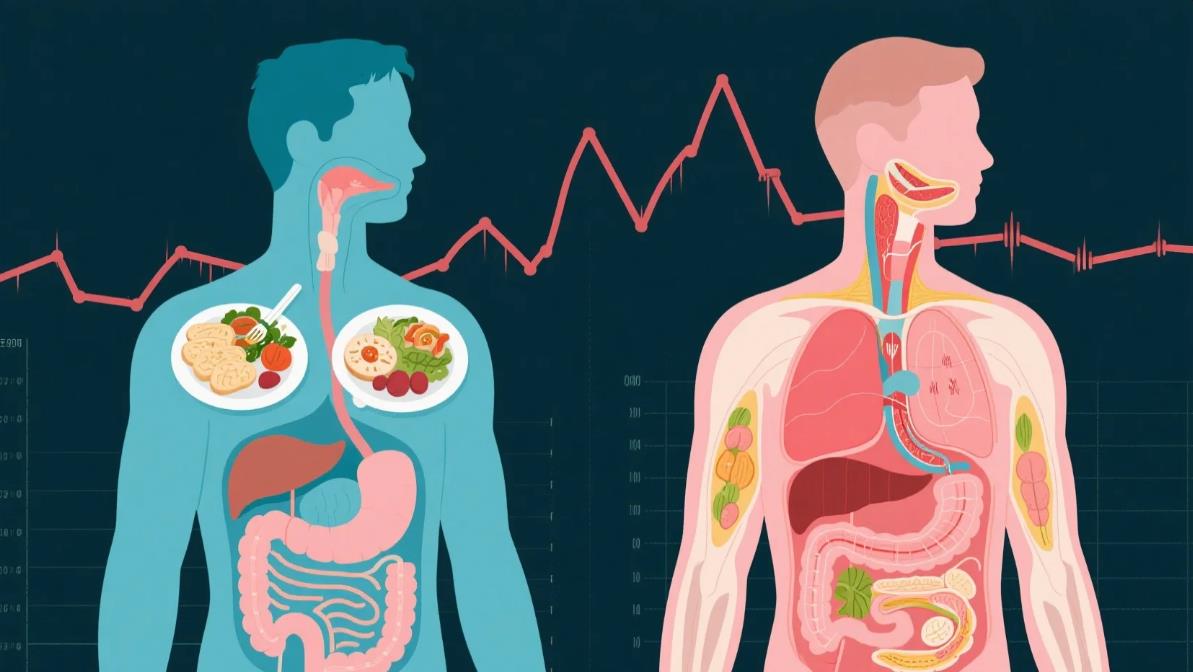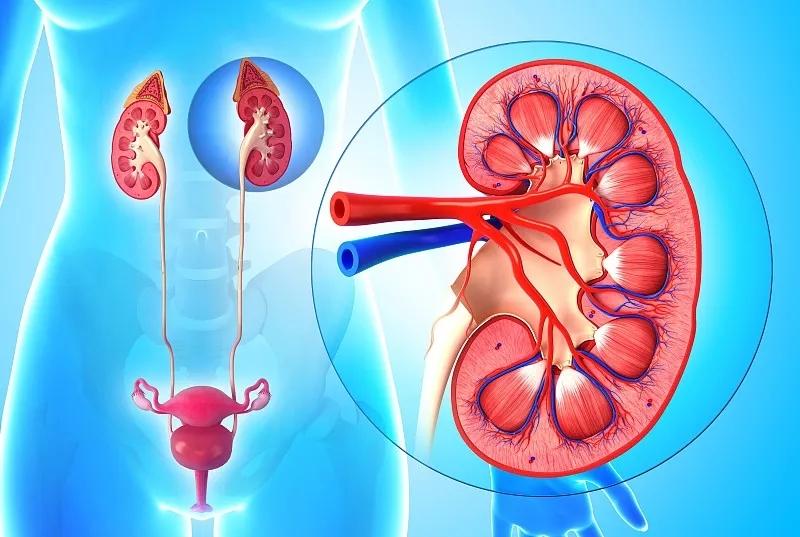The era of universal dietary guidelines is giving way to a revolutionary understanding that nutrition must be as unique as our DNA. Cutting-edge research reveals that individuals can have dramatically different metabolic responses to identical foods - a phenomenon demonstrated when one person's blood sugar spikes after eating bananas while another's remains stable. This biological variability stems from a complex interplay of genetic factors, gut microbiome composition, lifestyle patterns, and even environmental exposures accumulated over a lifetime. The emerging field of precision nutrition combines advanced technologies like continuous glucose monitoring, microbiome sequencing, and AI-driven analysis to create truly personalized eating plans that optimize health outcomes for each individual.
Scientific breakthroughs are uncovering the mechanisms behind these divergent nutritional needs. Nutrigenomic studies show how single nucleotide polymorphisms (SNPs) affect our ability to metabolize specific nutrients - for instance, variations in the FTO gene influence how efficiently different individuals process dietary fats. The gut microbiome adds another layer of complexity, with certain bacterial strains capable of extracting significantly more calories from fiber than others. Researchers at King's College London's PREDICT study found that blood lipid responses to the same meal varied up to tenfold among healthy individuals, with gut microbes accounting for 20% of this variation. Even circadian rhythms play a crucial role - your body may metabolize breakfast carbohydrates completely differently than identical carbs consumed at dinner due to fluctuations in insulin sensitivity throughout the day.

The tools enabling personalized nutrition are becoming increasingly sophisticated. Continuous glucose monitors originally developed for diabetics now help healthy individuals understand their unique carbohydrate responses. At-home microbiome testing kits provide detailed profiles of digestive bacteria and their metabolic capabilities. Advanced algorithms analyze this biometric data alongside lifestyle factors to generate customized food recommendations. Some forward-thinking clinics even employ virtual reality digestion simulations that show patients how their bodies specifically process different foods. These technologies reveal surprising truths - a food conventionally considered "healthy" might trigger inflammation in one person while providing optimal fuel for another.

Practical applications of personalized nutrition are yielding remarkable results. Corporate wellness programs using metabolic typing report 30-50% greater adherence compared to standard diet plans. Sports medicine specialists are creating athlete-specific nutrition protocols that account for genetic predispositions and microbiome profiles. Perhaps most significantly, personalized approaches are proving particularly effective for managing metabolic disorders - a recent Mayo Clinic study found type 2 diabetes patients using customized nutrition plans achieved better blood sugar control with 25% less medication than those following standard dietary guidelines.
As the field evolves, researchers are exploring even more nuanced personalization factors. Epigenetic testing can reveal how a person's nutritional needs change in response to stress or environmental toxins. New wearable devices track real-time nutrient absorption at the cellular level. Some scientists predict future nutrition plans may vary by season or life stage, automatically adjusting recommendations based on continuous biomarker monitoring. While challenges remain in making these technologies universally accessible, the fundamental insight is clear - optimal nutrition isn't found in blanket recommendations, but in understanding and nourishing the unique biological ecosystem that each of us carries within.






